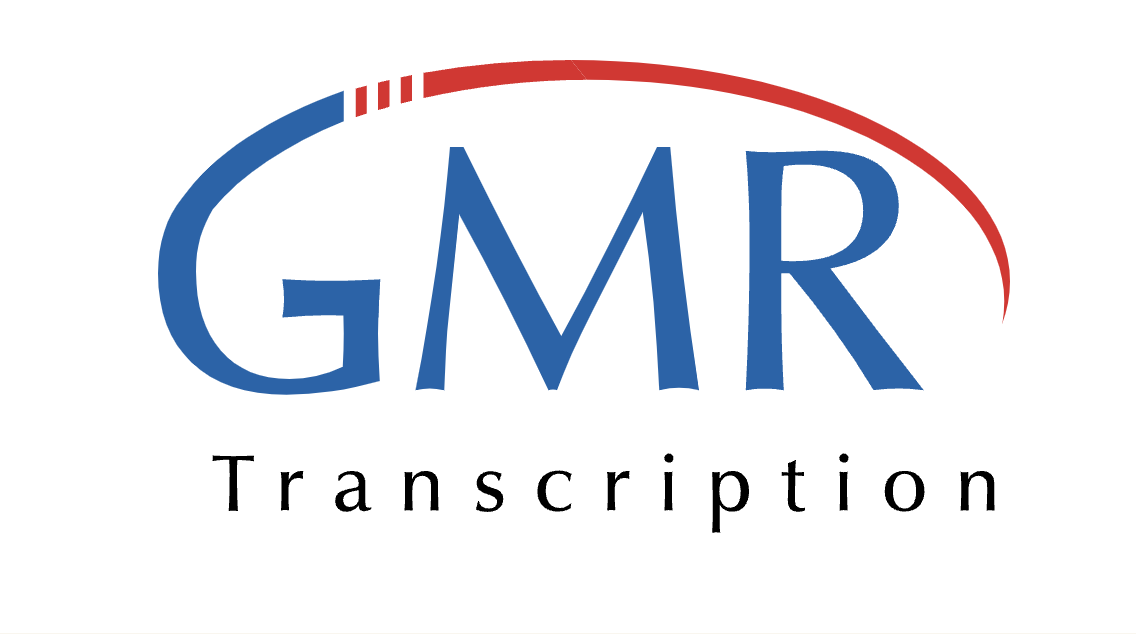Navigating the vast world of mobile analytics software can often feel like an overwhelming task. With the proliferation of numerous tools each promising to revolutionize your data tracking methods, making a choice becomes difficult.
This blog will simplify this process for you by providing actionable tips and insights on selecting the best mobile analytics software tailored to your needs. Ready? Let’s delve right into it!
What is Mobile App Analytics?
Mobile App Analytics refers to the process of collecting, measuring, and analyzing data from mobile applications. It involves tracking various metrics such as user behavior, preferences, app performance, and engagement in order to gain insights and make informed decisions for improving the overall user experience.
Mobile App Analytics is crucial for businesses as it helps them understand how their mobile apps are being used by customers and enables them to optimize their app features accordingly.
Definition
Mobile app analytics is a way to see how people use an app. It gives facts about the number of users, where they come from, and what they do in the app. This information helps to improve the app.
For example, if many users quit at a certain point, maybe that part of the app needs fixing. The tools mentioned like Heap and Glassbox can track user actions in real time. Another tool called Firebase is good for new developers.
These tools dig into what users want and how they behave which improves their experience with the app.
Importance
Mobile app analytics are key to your app’s success. They let you see who uses your app, how they use it, and what they like or don’t like about it. This knowledge helps you make changes so more people want to use your app.
It is not enough just making a great mobile app; you also need the right tools to gauge its performance. Good software for mobile data analysis can be very useful here. You get insights into user behavior and preferences with analytics tools such as Heap, Glassbox, or UXCam that offer all-in-one functionality for comprehensive capabilities.
With powerful dashboards of these software tools, tracking vital metrics from unique downloads to active users becomes easier than ever before! So picking the best mobile analytics software provides crucial support for improving user experience and boosting user engagement on the go!
Features to Consider When Choosing Mobile App Analytics Software
When choosing mobile app analytics software, there are several important features to consider. These include real-time data tracking, customizable dashboards, in-app behavior analysis, and user segmentation.
Real-time data tracking
Real-time data tracking is a big deal. It lets you see what users do in your app right away. Tools like Heap and Glassbox are great for this. They show data at the very moment it happens.
With real-time data, you can fix problems fast before they get worse. You can also find ways to keep users on your app longer.
Customizable dashboards
Customizable dashboards are an essential feature to consider when choosing mobile app analytics software. These dashboards allow you to personalize the visual representation of your data, making it easier for you to track and analyze the performance of your mobile app.
With customizable dashboards, you can arrange and prioritize the metrics that matter most to your business, such as user engagement, conversion rates, or revenue. This flexibility enables you to focus on the specific insights that are relevant to your goals and objectives, providing a clear snapshot of your app’s performance at a glance.
By customizing your dashboards, you can save time by quickly accessing important information and make better-informed decisions based on real-time data analysis.
In-app behavior analysis
In-app behavior analysis is a key feature to consider when choosing mobile app analytics software. It allows you to understand how users are interacting with your app and what actions they are taking.
With in-app behavior analysis, you can track user clicks, navigation paths, session durations, and more. This helps you identify trends and patterns in user behavior, allowing you to make data-driven decisions for improving your app’s user experience and engagement.
Some top mobile app analytics tools like Google Analytics, Amplitude, Mixpanel, Adobe Analytics offer advanced in-app behavior analysis features that can provide valuable insights into how users engage with your app.
User segmentation
User segmentation is an important feature to consider when choosing mobile app analytics software. It allows you to divide your user base into different groups based on their characteristics and behaviors.
This helps you understand the preferences and needs of each group, enabling you to create personalized experiences for your users. With user segmentation, you can track how different segments of users interact with your app, analyze their behavior patterns, and tailor your marketing strategies accordingly.
By effectively segmenting your users, you can gain valuable insights into their demographics, interests, engagement levels, and more. This information can then be used to optimize your app’s performance, improve user experience, and ultimately increase user retention.
How to Choose the Best Mobile App Analytics Software
When it comes to selecting the optimal mobile analytics software, there are several key steps you should follow. From determining your needs and researching different options to considering cost and testing out demos, this section will provide you with all the necessary guidance.
Discover how to make an informed decision for your organization’s success in mobile app analytics.
Determine your needs
To choose the best mobile analytics software, it’s important to determine your needs. Consider what you want to achieve with the software and what specific data you need to track. Here are some factors to consider:
- The type of data you want to analyze, such as user behavior, app performance, or user engagement.
- The level of customization you require in terms of dashboards and reports.
- The size and complexity of your app and the scalability of the analytics software.
- Your budget for investing in mobile analytics software.
- Any specific features or integrations that are essential for your app.
Research different options
To choose the best mobile app analytics software, you need to research different options. Here are some factors to consider:
- Look for software that offers real-time data tracking. This will give you up-to-date information on user behavior and app performance.
- Consider customizable dashboards. Being able to tailor your analytics dashboard to your specific needs will make it easier to analyze and interpret the data.
- In-app behavior analysis is important. Look for software that can track how users interact with your app, such as which features they use the most or where they encounter issues.
- User segmentation is another crucial feature. It allows you to divide your user base into different groups based on demographics, behaviors, or preferences, giving you more targeted insights.
Consider cost and budget
When choosing the best mobile app analytics software, it’s important to consider cost and budget. Different tools come with different pricing models, so you need to determine what works best for your organization.
Some software may have a monthly subscription fee, while others might charge based on the number of users or data usage. It’s also worth comparing the features offered by each tool and evaluating whether they align with your needs and justify the cost.
Keep in mind that investing in a reliable analytics solution can help optimize your app’s performance and provide valuable insights into user behavior and preferences.
Test out demos or free trials
To choose the best mobile analytics software, it’s important to test out demos or free trials. This allows you to see firsthand how the software works and if it meets your needs. By testing out demos or free trials, you can evaluate the features and functionality of different software options.
This will help you determine which one is the most user-friendly and provides the data insights you need for your mobile app. Take advantage of these opportunities before making a decision so that you can select the best mobile analytics software for your organization.
Conclusion
In conclusion, choosing the right mobile app analytics software is crucial for businesses. By considering features such as real-time data tracking, customizable dashboards, in-app behavior analysis, and user segmentation, organizations can gather valuable insights into user preferences and optimize their app’s performance.
It is important to determine your specific needs, research different options, and consider cost before making a decision. Testing out demos or free trials can also help in evaluating the usability of the software.
Ultimately, selecting the best mobile app analytics software will enable businesses to improve user experience and engagement by analyzing app usage metrics and customer insights effectively.
Importance of choosing the right mobile app analytics software
Choosing the right mobile app analytics software is crucial for understanding user behavior, improving user experience, and optimizing app performance. With the right analytics tools, you can track important metrics like app usage, user engagement, and crash reports.
This valuable data helps you make informed decisions about your app strategy, enhance user satisfaction, and drive higher retention rates. By selecting an analytics software that aligns with your organization’s needs and goals, you can unlock valuable insights to improve your mobile app’s success.
Final tips for choosing the best software
Here are some final tips to help you choose the best mobile analytics software:
- Consider your specific needs: Think about what you want to achieve with mobile app analytics and what features are most important for your organization.
- Research different options: Look into multiple software providers to see which ones offer the features and capabilities that align with your goals.
- Consider cost and budget: Evaluate the pricing models of different software options and determine what fits within your budget while still meeting your requirements.
- Test out demos or free trials: Take advantage of any opportunities to try out the software before committing. This will give you a better understanding of how it works and if it meets your expectations.
- Look for user-friendly interfaces: Choose a software that is easy to navigate and understand, as this will make it more efficient for you and your team to use.
- Seek customer reviews and ratings: Read reviews from other users to get a sense of their experiences with the software. This can provide valuable insights into its strengths and weaknesses.
- Consider scalability: If you anticipate growth in the future, choose a software that can scale with your organization’s needs without requiring significant upgrades or additional costs.
- Ensure data security and compliance: Check if the software provider has measures in place to protect sensitive user data and complies with relevant regulations such as GDPR or CCPA.
- Seek integration capabilities: If you have existing systems or tools in place, make sure the mobile analytics software can integrate seamlessly with them for a more holistic view of your data.
- Evaluate customer support options: Look for a provider that offers responsive customer support, as technical issues or questions may arise during implementation or regular usage.
Author
-
Anisha Jain, a dynamic professional in the sports SaaS industry, transitioned from economics to digital marketing, driven by her passion for content writing. Her tenure at TBC Consulting culminated in her role as CEO, where she honed her skills in digital strategy, branding, copywriting, and team management. Anisha's expertise encompasses various aspects of digital marketing, including 360-degree marketing, digital growth consulting, client communication, and business development, making her a versatile asset in the SaaS domain.
View all posts



